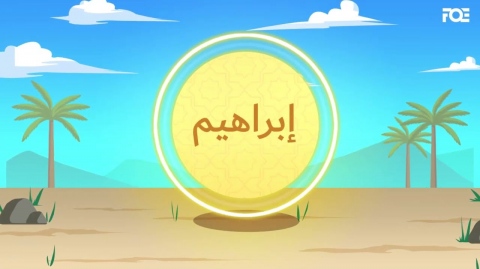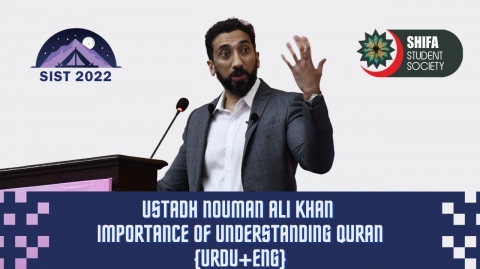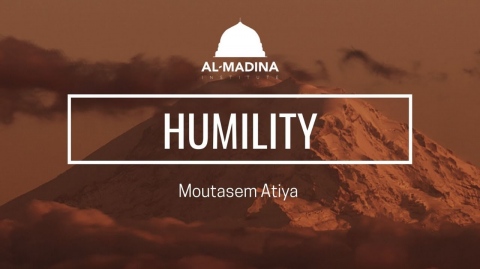This Khutbah was recorded at Southern Methodist University in Dallas on September 23rd, 2016
While Aya 108 of Surat Al-Baqarah seems to condemn asking too many questions, says Nouman Ali Khan, it must be analyzed in context to reconcile it with the fact that throughout the Quran, Allah not only encourages Muslims to ask, but also acknowledges and honors the questioners. The aya was referring specifically to the type of obnoxious, condescending questions the Israelites posed to Prophet Musa (AS), despite the miracles they witnessed, hence betraying their diseased hearts. They intentionally continued to ask blasphemous questions even though their doubts were intellectually satisfied. In this aya, Allah reminds us that it is not enough to mentally acknowledge His existence, but that as Muslims we must humble ourselves before Him to find true faith.
For more videos like these, visit https://bayyinah.com
While Aya 108 of Surat Al-Baqarah seems to condemn asking too many questions, says Nouman Ali Khan, it must be analyzed in context to reconcile it with the fact that throughout the Quran, Allah not only encourages Muslims to ask, but also acknowledges and honors the questioners. The aya was referring specifically to the type of obnoxious, condescending questions the Israelites posed to Prophet Musa (AS), despite the miracles they witnessed, hence betraying their diseased hearts. They intentionally continued to ask blasphemous questions even though their doubts were intellectually satisfied. In this aya, Allah reminds us that it is not enough to mentally acknowledge His existence, but that as Muslims we must humble ourselves before Him to find true faith.
For more videos like these, visit https://bayyinah.com


 English
English Български
Български No filter
No filter













